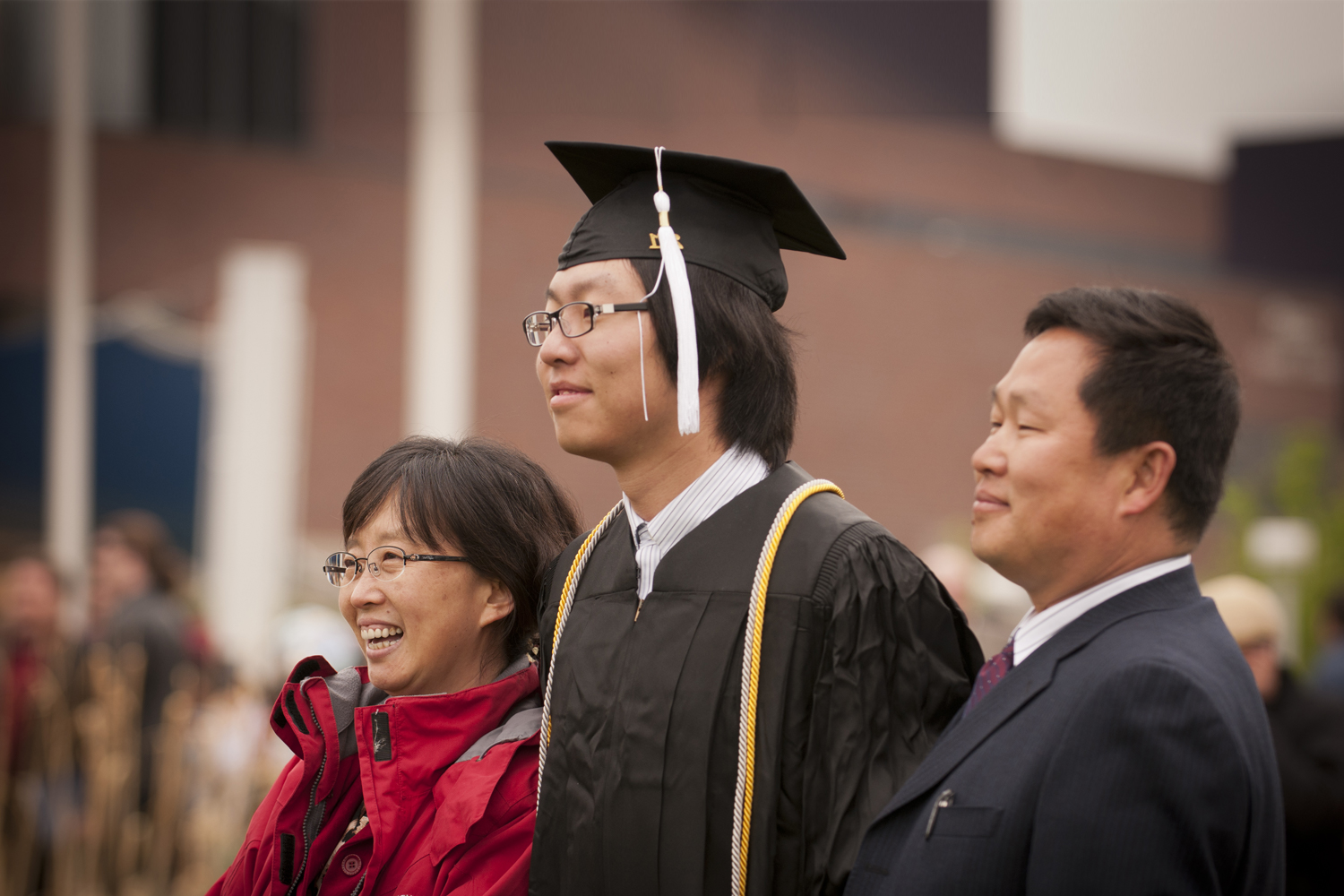Japanese High-Intensity Training Research in Colorado’s High Altitude
Visiting International Scholar Tabata Collaborates at CU Anschutz Medical Campus
Jun 5, 2017
“If you’re seeing stars and feel as if you can’t take another step, you’re doing the exercise right—but it is all worth it.” Variations of this theme are expressed by enthusiasts of the Tabata Training method worldwide. Also dubbed “The Four-Minute Miracle”, the system incorporates high-intensity interval training (HIIT) workouts within short bursts of time to create maximum aerobic and anaerobic benefits. VO2 max, which is the measurement of the maximum amount of oxygen that an individual can utilize during intense exercise, increases; resting metabolic rate after the exercise and glucose metabolism are also improved.
The system was developed in the 1980’s by Japanese scientist Dr. Izumi Tabata, PhD, and a team of researchers from the National Institute of Fitness and Sports in Kanoya, in part due to a request from the head coach of the Japanese Olympic speed skating team. Peak performance and fitness being essential for competitive athletes, analytics and refinement of techniques was equally necessary.
Results are measurable and dramatic with the Tabata Training method, and the “father of HIIT” is currently a visiting international scholar at the University of Colorado Anschutz Medical Campus. Tabata is conducting collaborative research studies with Professor Wendy Kohrt, PhD, Division of Geriatric Medicine, University of Colorado School of Medicine.
The Division is a part of the University of Colorado Multidisciplinary Center on Aging that bridges the six health sciences schools on the CU Anschutz Medical campus: Medicine, Pharmacy, Dentistry, Public Health, Nursing and Graduate Education. It places a critical emphasis on aging-related research, and Kohrt and Tabata are investigating the effects of the Tabata Training method on bone health. Proper loading on the bone is necessary for the healing and maintenance of strong bones; it impacts athletes who sustain sports injuries as well as seniors who have been diagnosed with osteoporosis.
In the 1990’s, when Tabata was a research postdoc at Washington University, St. Louis, Missouri, he met Kohrt and they discovered that they shared similar research interests. They conducted experiments to learn more about the myriad ways that exercise, a healthy diet, and other factors can affect fitness and longevity. Many valuable professional relationships are often formed during a student’s college years and a graduate’s postdoctoral years; the two researchers stayed in touch as their careers in the health sciences evolved.
Tabata became a faculty member at Ritsumeikan University in Kyoto. The university, whose slogan is “Creating a Future Beyond Borders,” is focused on developing cutting-edge programs to expand their international network and provide opportunities for students to have global experiences. Kohrt was invited to Japan where she was a visiting scholar for three years.
In turn, Tabata is now being hosted at the CU Anschutz Medical Campus through the J-1 Exchange Visitor Program, managed by the U.S. Department of State. The International Student and Scholar Services (ISSS) office in International Affairs, University of Colorado Denver, works with departments throughout the university to facilitate visits to the U.S. ranging from two weeks to five years by international scholars on J-1 visas. This exchange of professors and research scholars promotes the global exchange of ideas, research, mutual enrichment, and linkages between academic institutions.
In July, Tabata will be presenting at an international conference in Nanjing, China, organized by Cooper Aerobics China. Located near Lao Shan National Park, Cooper Aerobics China is the first overseas affiliate of Cooper Aerobics U.S.A., the world-renowned organization dedicated to preventative medicine and the integration of medicine and exercise. Tabata has been invited to give a keynote speech and engage in workshops focused on the application of this method in the treatment and management of chronic diseases.
Tabata, his wife, and daughter have been enjoying their stay in Denver. “There are nice neighborhoods and the environment feels safe,” he said. “People in this city like to keep fit; they also look to the future.”
“Athletes from Japan and many other countries come to Colorado to do endurance training during the summer,” he explained. Colorado’s residents are known as outdoor and fitness enthusiasts. “CU Anschutz Medical Campus has a good faculty group of sports scientists.”
A supporter of global education, Tabata studied abroad and conducted research in Norway and the United States as a student and postdoc.
“Studying abroad provided a diversity of perspectives; I think it influenced my career in positive ways.”
His advice to international students who are considering studying at the University of Colorado Denver: “Find a good mentor or teacher. Sometimes it can be difficult at first for undergraduates, but you need to apply for mentorships.” He also added, “CU Anschutz Medical Campus has a good reputation; that is important.”
He also advises students to pursue their true interests. “When I was in college, sports medicine was not very popular—but I was interested.” Originally planning to be a chemical engineer, he entered school and discovered that exciting theories about DNA were being developed. He found them to be fascinating.
This fascination with wellness and human potential continues today. “Nowadays, it is understood that the right kind of exercise can improve the symptoms of dementia, can increase memory, and increase the mitochondria in the brain.” As Tabata continues his research and knowledge exchanges with colleagues, new information will be shared with the medical community worldwide.
Dr. Tabata is very optimistic about the future. “Humans have a great adaptive ability.”
LEARN MORE
Visit online to learn more about:
International Student and Scholar Services
ESL Academy
University of Colorado Denver
University of Colorado Anschutz Medical Campus






